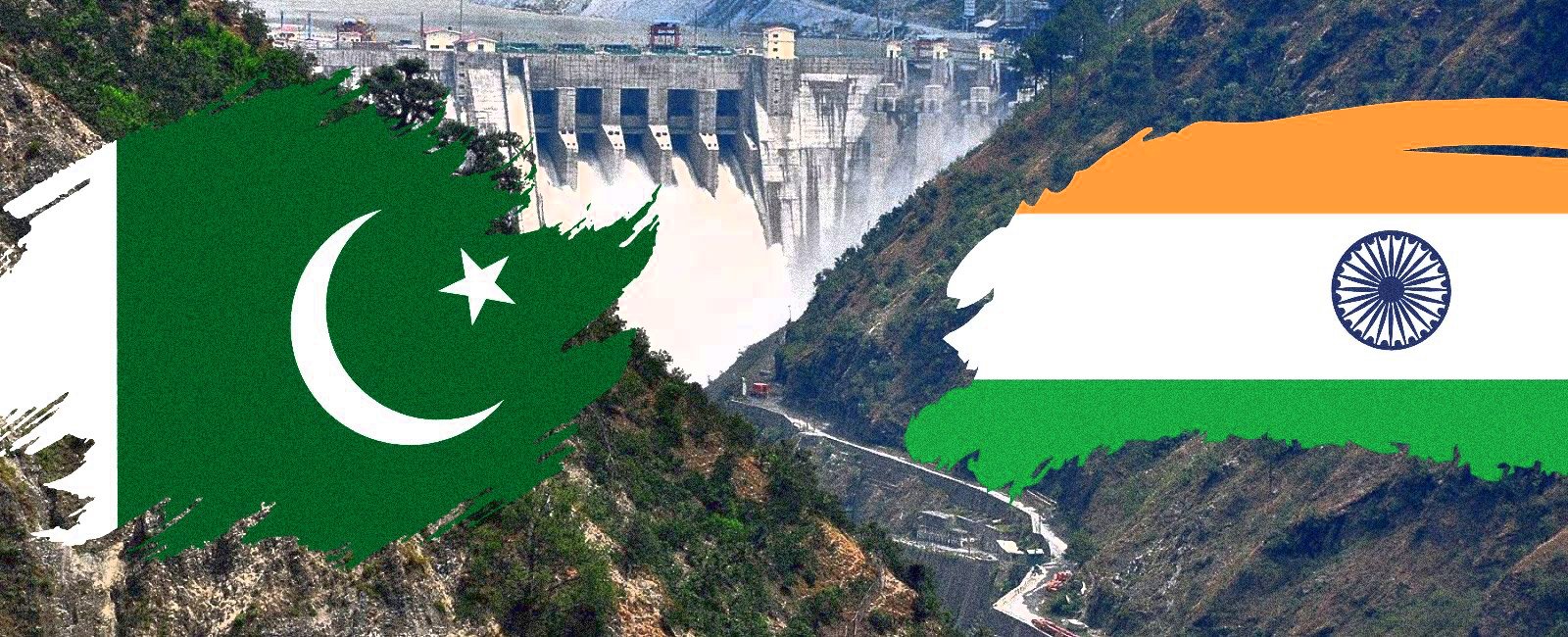Can India leave Pakistan high and dry by suspending Indus Waters Treaty?
The so-called "water strike" from India may not leave Pakistan high and dry, but India will emerge as the bigger loser after a "Shimla strike" by Pakistan

India has suspended the Indus Waters Treaty (IWT) following a terrorist attack in Pahalgam that killed 26 people. This suspension was formalised in an official letter sent by Indian Secretary of the Ministry of Jal Shakti Debashree Mukherjee to her Pakistani counterpart Syed Ali Murtaza in a letter sent on Thursday. In the letter, India cited "sustained cross-border terrorism by Pakistan targeting the Indian Union Territory of Jammu and Kashmir" and Pakistan’s refusal to negotiate as reasons for holding the treaty in abeyance "with immediate effect". This is the first time in the treaty’s 65-year history that a signatory has taken such an extreme action.
Pakistan has vehemently rejected India’s announcement to hold the Indus Waters Treaty in abeyance. A statement issued after the high-powered National Security Committee (NSC) meeting highlighted that the Indus Waters Treaty is a binding international agreement brokered by the World Bank and contains no provision for unilateral suspension.
This treaty gave three eastern rivers — Sutlej, Beas, and Ravi — to the control of India and three western rivers — Indus, Jhelum, and Chenab — to the control of Pakistan. After India's unilateral withdrawal from the treaty, what options are available to Pakistan?

The NSC statement said that Pakistan shall exercise the right to hold all bilateral agreements with India, including the Shimla Agreement, in abeyance. The fact is that if Pakistan starts suspending bilateral agreements, India will not be in a position to appeal to international institutions. On the other hand, Pakistan can file a complaint with the World Bank regarding the suspension of the Indus Waters Treaty.
First, we must understand that this is not the first time India has attempted to undermine the Indus Waters Treaty. The treaty was signed in 1960 between former Indian prime minister Jawaharlal Nehru and General Ayub Khan in Karachi. It survived the 1965 war between India and Pakistan. India violated the treaty in 1970 by starting construction of the Salal Dam on the Chenab River in the Reasi district of occupied Jammu and Kashmir. The Indus Waters Treaty again survived the 1971 war between the two countries.
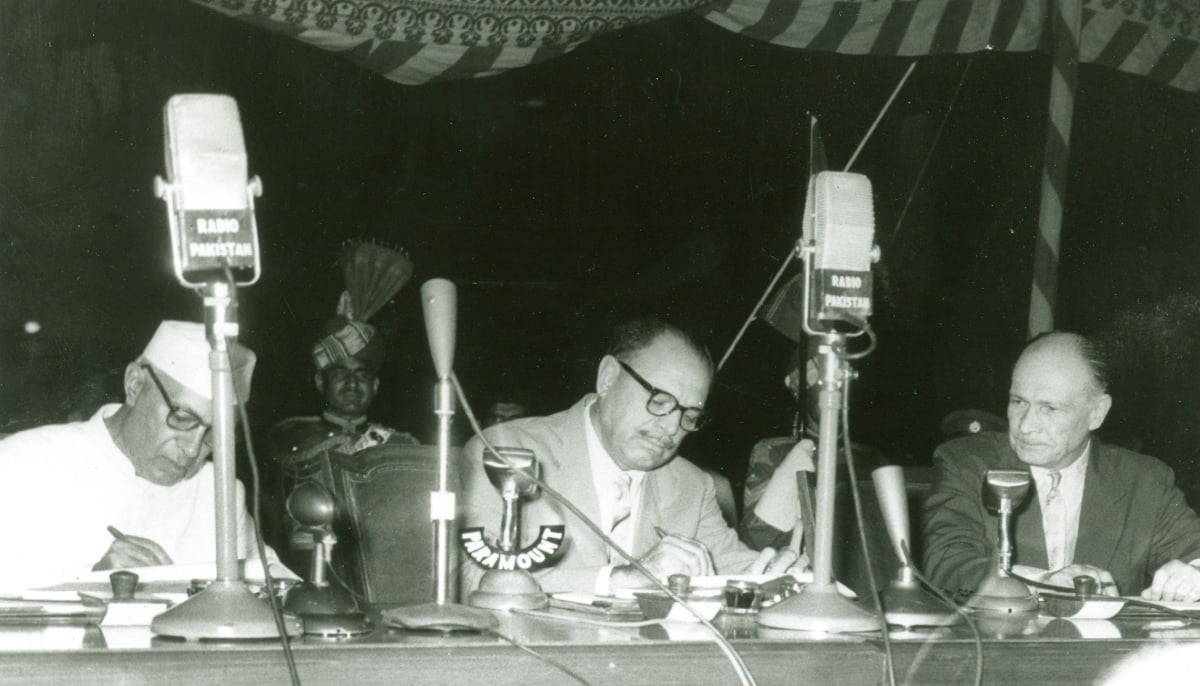
When Zulfikar Ali Bhutto became prime minister, his government complained to the World Bank, and India was forced to make changes to the design of the Salal Dam. India reached a bilateral agreement on the Salal Dam in 1978 with the government of former military ruler General Zia ul Haq. India was forced to reduce the height of spillway gates from 40-30 feet.
India declared this a success of bilateralism, but its water experts considered the Indus Waters Treaty a hurdle to their plans of diverting water from the Jhelum, Chenab, and Indus rivers. India threatened to suspend this treaty in 2001 after an attack on the Indian Parliament. Circumstantial evidence suggests that India has repeatedly used terrorism as an excuse to suspend the Indus Waters Treaty. In reality, India wanted to build more dams on the Jhelum and Chenab rivers.
India began construction of the Kishanganga Dam in 2007 on the Jhelum River north of Bandipura in the occupied Kashmir valley. India was forced to halt this project when Pakistan complained to the World Bank. The matter was referred to an arbitration court, where it remains pending.
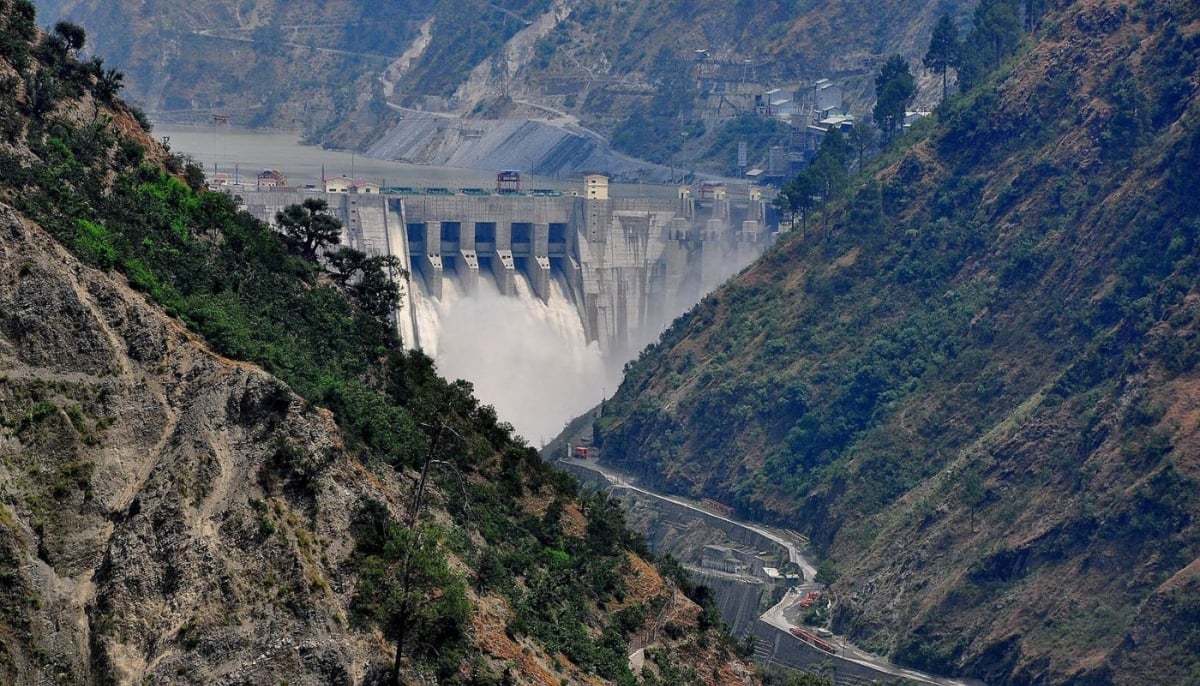
Again in 2013, India started construction of the Ratle Dam on the Chenab River in the Kishtwar district of occupied Kashmir. Pakistan again complained to the World Bank, and India was forced to make changes to the design. India threatened to terminate the Indus Waters Treaty again in 2019 after an attack in Pulwama. Many Indian experts claimed that Pakistan received a larger share of water than India through this treaty. In fact, this claim is incorrect.
Last year, India approached Pakistan to make changes to the treaty, but Pakistan did not respond positively. After the attack in Pahalgam, the Indian government announced the suspension of the treaty and gave the impression that Pakistan would suffer from severe water shortages after a "water strike".
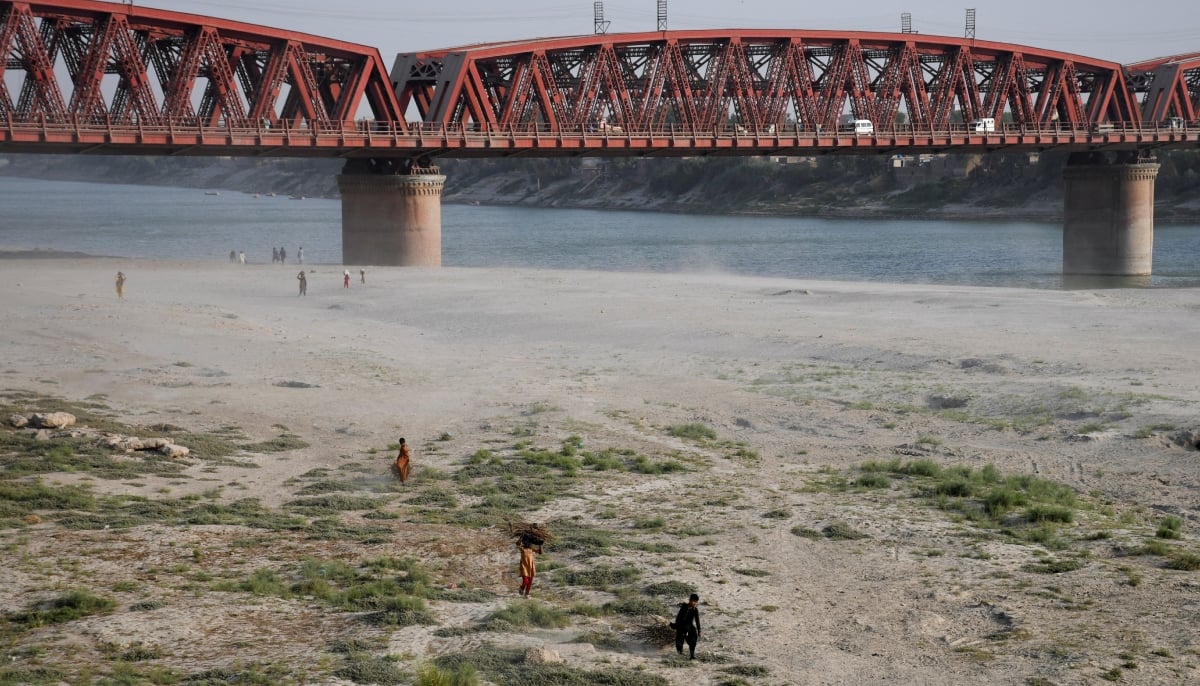
Many Indian experts disagree with this claim made by the Bharatiya Janata Party (BJP) government. Abhishek De wrote in India Today that "India’s decision to hold the treaty in abeyance does not mean an immediate halt to water flowing to Pakistan. This is so because India presently does not have the infrastructure to stop the flow of water from the Indus River into Pakistan or divert it for its own use. At most, India can cut water flows by 5-10%."
Building large reservoirs on these rivers will take years. It would require extensive surveys and substantial funding. Pakistan may face some problems from these constructions after a decade.
There is no doubt that the Indian government is trying to mislead its public with false claims. In the long run, India will emerge as the loser if Pakistan suspends the Shimla Agreement. India has already provided many reasons for Pakistan to suspend the Shimla Agreement. India violated the Shimla Agreement in 1984 by occupying the Siachen heights. India further violated the Shimla Agreement by abrogating Articles 370 and 35A of the Indian Constitution and changing the status of Jammu and Kashmir.
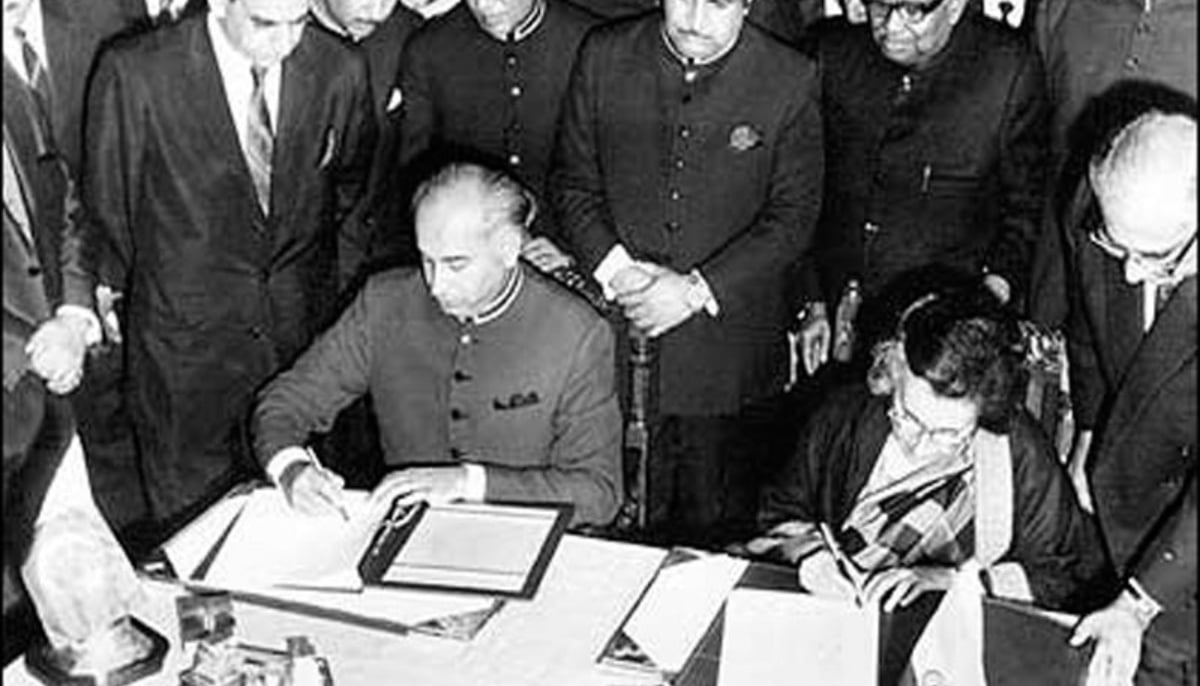
Now, imagine a scenario after Pakistan's withdrawal from the Shimla Agreement. First, Pakistan would no longer be bound by the bilateralism clause, and there would be no barrier to third-party intervention and mediation on Kashmir. The United States, China, or any other third country would be entitled to offer mediation on the Kashmir dispute. Second, the Line of Control (LoC) would automatically be redesignated as the Cease Fire Line (CFL), which would bolster the freedom struggle within Jammu and Kashmir.
There is no international law that prohibits crossing a ceasefire line. India cannot fathom the consequences if the Shimla Agreement is suspended. The so-called "water strike" from India may not leave Pakistan high and dry, but India will emerge as the bigger loser after a "Shimla strike" by Pakistan.
Hamid Mir is a senior journalist, anchor, and columnist, associated with Geo News. He posts on X@HamidMirPAK
Header and thumbnail illustration by Geo.tv



